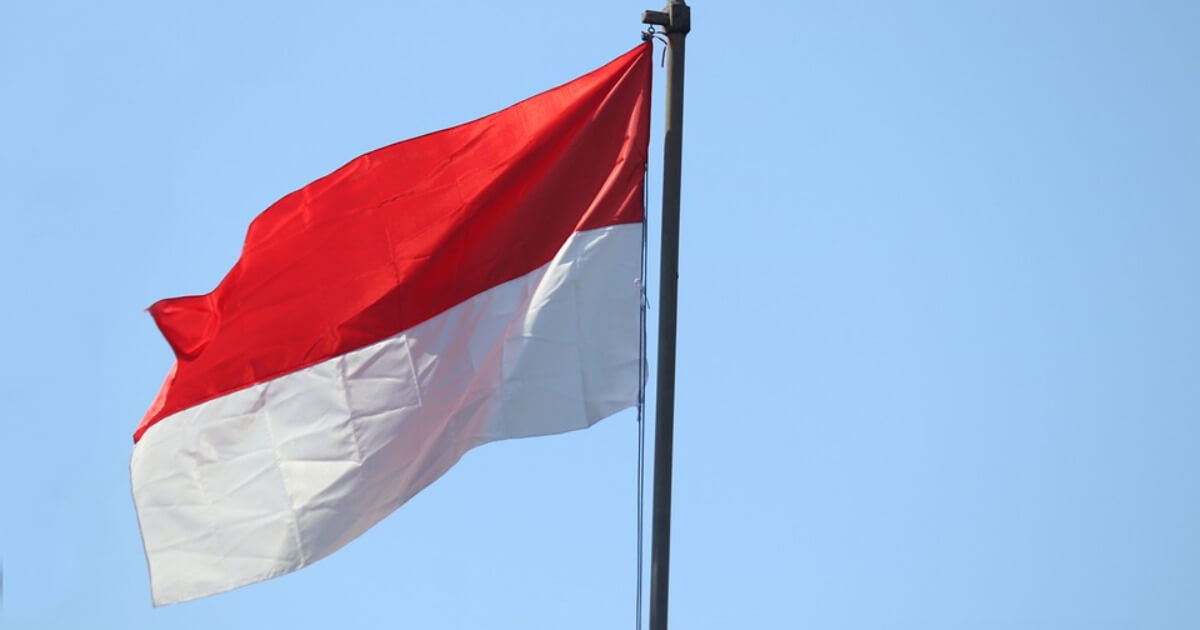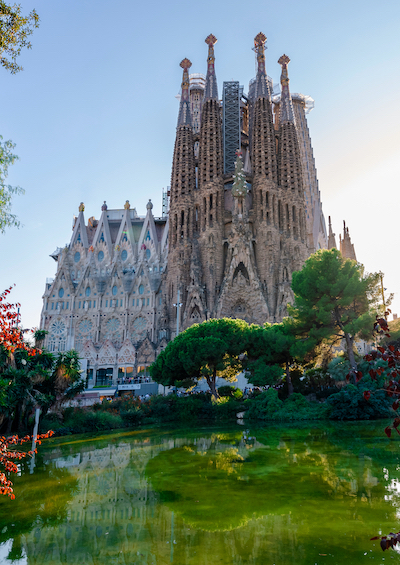Indonesia’s Rising Importance
In view of China’s pin-prick strategy, the world’s third-largest democracy is developing some military teeth.
January 10, 2022

Even though it is the world’s third-largest democracy, Indonesia’s importance has long been effectively ignored by Western media as well as by foreign policy wonks.
At least, U.S. Secretary of State Tony Blinken finally paid the country a visit in mid-December. His visit follows that of U.S. Vice President Kamala Harris in August – a visit that passed almost unnoticed.
The U.S.’s standing in the region
Despite the overly hasty U.S. withdrawal from Afghanistan, the U.S.’s standing in the region has not suffered too much.
One can even notice an improvement in its standing in this region over the past year. That is a development that owes at least as much to Chinese bad behavior as to the change from Trump to Biden.
Indonesia develops muscle
What has gone barely noticed, compared with all the hoopla about the AUKUS nuclear submarine deal, has been the quiet effort which Indonesia has been making over the past year or so.
It is focused on developing defense procurement and other links with several significant countries.
China’s aggressiveness
The need for this has been underscored by Jakarta’s shock receipt of a formal letter from Beijing. In it, the Chinese side demanded that Indonesia cease drilling in the sea off its Natuna islands, known in Indonesia as the North Natuna sea.
It evidently does not matter to the Chinese that these waters fall well within Indonesia’s Exclusive Economic Zone and that they are bordered by the EEZs of Malaysia and of Vietnam – but definitely not of China. China’s Hainan island is 2,000 kilomtres away.
It also does not matter to the Chinese that these legal facts were brought out, according to almost all non-Beijing sources, by the 2016 judgement of the Permanent Court of Arbitration in the case brought by the Philippines over rights in the South China Sea under the UN Convention on Law of the Sea (UNCLOS).
More Chinese transgressions
Indonesia has also noted the presence of a Chinese Institute of Oceanography survey vessel operating in the Sunda strait (between Java and Sumatra) with its identification turned off.
In addition, local fisherman have caught in their nets at least two Chinese underwater mapping devices.
Indonesia also curtly rejected China’s related claims and has continued to protect it own fisheries as best it can.
Philippines as a China toy
Even so, Jakarta observes, on an almost daily basis, further Chinese advances in the waters off neighboring Philippines — and how the feeble verbal responses from President Duterte are brushed aside by Beijing.
Meanwhile, venal local politicians in the Philippines promote deals compromising national sea rights. Malaysia too has been under pressure.
Indonesia’s profile in international affairs
Indonesia has kept a low profile in international affairs since the overthrow of President Sukarno in the mid-1960s but the UNCLOS lies close to its heart.
It is now widely forgotten that, back in 1957, Indonesia declared itself an archipelagic state with sovereignty over the water between its myriad islands.
Indonesia fought long and hard for acceptance of the claim as well as as the archipelagic principle. It was finally enshrined in UNCLOS in 1982.
Indonesia’s growing fears of China
Indonesia’s growing fears of China are tempered by the fact that China is its largest trading partner and a major source of investment. Ethnic Chinese are key business players in the country.
But under President Widodo, Indonesia has given greater attention to sea issues in general and the protection of its fishing grounds in particular.
An additional factor of the past two years has been the activities of his former rival for the presidency by the man who is currently the country’s Defense Minister, Prabowo Subianto.
He was head of the military’s Strategic Command under his former father-in-law, then-President Suharto.
With a much-increased budget, Prabowo – who was once barred from the U.S. for his role in east Timor –visited the U.S. in October 2020 in his capacity as defense minister.
Cooperating with Japan, South Korea and India
Earlier this year, Prabowo signed a defense procurement deal with Japan and visited India and South Korea. A June 2021 deal with Italian naval constructor Fincantieri will eventually see the delivery of eight advanced frigates.
Prabowo is also on the lookout for new submarines. Russia is also trying to interest him in Sukhoi fighters rather than U.S. or French planes. Since 2010, Indonesia has had a 20% interest in a South Korean fighter project which may be in production by 2026.
No more fence-sitting?
To be sure, Indonesia is far from retreating from its traditional avoidance of alliances. This policy dates back to the 1955 Bandung Conference and the days of the Non-Aligned Movement.
Indonesia would prefer to be the leader of an ASEAN that acts as a third force in the region. However, Indonesia’s leaders realize that ASEAN is too divided between the maritime states and the more China-oriented mainland ones.
For that reason, ASEAN is likely bound to be no more than a talking shop.
Like Vietnam and India, Indonesia has its own national interests to protect against China and will cooperate informally with like-minded states.
Indonesia’s gradual realization of its security needs
Indonesia’s military strength has been long focused on the army. Its strength in that regard is, as of yet, minimal compared with China.
However, in looking at its own future, Indonesia is increasingly aware of the importance of the major straits – Sunda, Lombok, Makassar, etc. – which lie wholly within its archipelago, plus half of the Melaka strait.
So the bigger budget is being directed to ships and aircraft.
China’s influence campaign
Chinese money can buy some friendship and politicians in Indoensia, but a sense of national identity (and of nationalism) may be a more powerful political force locally in Indonesia.
China is also a hard sell for Islamists. Widodo has already gained a respect above that of other ASEAN leaders and can build on that during Indonesia’s year as chair of the Group of 20.
His successor as President (in 2024) could well be Prabowo. For tactical reasons, he aligned himself in 2019 with Islamists. However, by background and inclination, he is a secular nationalist.
Conclusion
Indonesia’s rise has not been remarkable, but it has been steady and is likely to continue.
Takeaways
Indonesia is focused on developing defense procurement and other links with several significant countries underscored by China's demand that Indonesia cease drilling in the sea off its Natuna islands.
Jakarta observes, on an almost daily basis, further Chinese advances in the waters off neighboring Philippines.
Indonesia has kept a low profile in international affairs since the overthrow of President Sukarno in the mid-1960s but the UNCLOS lies close to its heart.
Indonesia’s growing fears of China are tempered by the fact that China is its largest trading partner and a major source of investment.
Earlier this year, Indonesian Defense Minister Prabowo signed a defense procurement deal with Japan and visited India and South Korea.
Indonesian Defense Minister Prabowo is also on the lookout for new submarines. Russia is also trying to interest him in Sukhoi fighters.
Since 2010, Indonesia has had a 20% interest in a South Korean fighter project which may be in production by 2016.
Indonesia has its own national interests to protect against China and will cooperate informally with like-minded states.
Chinese money can buy some friendship and politicians in Indoensia, but a sense of national identity may be a more powerful political force locally in Indonesia.
